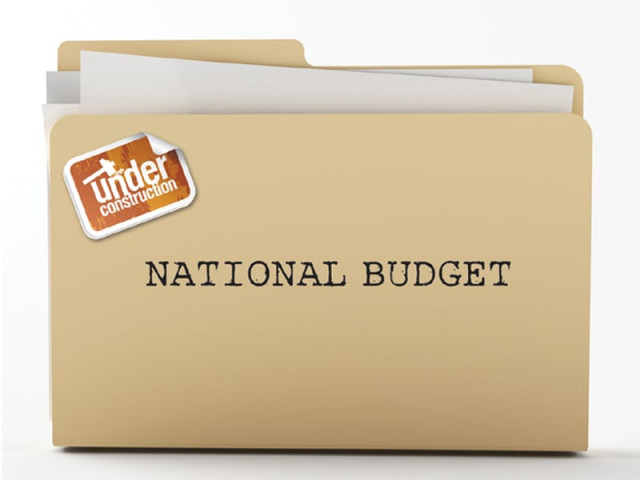Budget 2012: Legislators call for transparency in budget-drafting process
Politicians from seven major parties agree that the current system gives too much power to the civil service.

Legislators across the political spectrum have called for more transparency in the budget-making process and asked the government to incorporate participation by political parties before the budget is formally presented to parliament.
Parliamentarians from nearly all major political parties expressed their dissatisfaction with the current drafting process of the federal budget, expected to touch Rs3.8 trillion for fiscal year 2012, according to one member of the Senate finance committee.
Concerns about the dominance of the civil service in drafting the federal budget were echoed even by members of the treasury benches. Senator Raza Rabbani of the Pakistan Peoples Party called for a paradigm shift in the budget-making process, suggesting that the focus shift towards the parliamentary finance committees, with “inclusive input of civil service.”
Kamil Ali Agha, the spokesperson for the Pakistan Muslim League-Quaid (PML-Q), had a similar proposal, calling on parliamentary committees to be more active in drafting the budget, though he hastened to emphasise that members of those committees should engage in policy-making based on the economic needs of the country rather than narrow political interests.
Others were willing to let the process remain in the hands of the civil service so long as legislators were able to provide input before the bill was presented in front of parliament.
“There should always be a pre-budget session before tabling new proposals with the recommendations of the finance ministry for discussion on economic issues,” said Senator Khurshid Ahmed of the Jamaat-e-Islami.
Ahsan Iqbal of the Pakistan Muslim League-Nawaz (PML-N), meanwhile, believes the civil service does not share vital information with parliament when it comes to economic matters, highlighting as an example the country’s relationship with the International Monetary Fund, which is managed almost entirely by the bureaucracy.
“The bureaucracy never consulted with lawmakers on taking loans from the IMF. Even the agreement with the IMF has not been made public yet,” he said.
Bushra Gohar of the Awami National Party (ANP) concurred, calling the current process a ‘superficial method’.
“The budget draft must be debated in parliament,” she said. “Despite being a member of the parliamentary finance committee, I receive no details about the 2012 budget, when trillion of rupees in spending are going to be presented in parliament next month.”
Senator Ismail Buledi called for more time to debate the money bill. “Budget proposals must be debated in parliament four to five months before their presentation,” he said.
Other legislators were more diplomatic. Senator Ahmed Ali of the Muttahida Qaumi Movement (MQM), chairman of the Senate finance committee, said that it was “not ideal” that the government was not holding a pre-budget session of Parliament. He did express doubt at the ability of the Federal Board of Revenue to collect its target of Rs1,952 billion during the next fiscal year.
However, analysts said that political parties often do not have detailed policy agendas on economic matters, which often means that legislators cannot meaningfully contribute to the national debate on fiscal policy.
“The major political parties should come up with clear manifestos, including specific policy proposals, for the 2012 budget where they can actually make some changes as well,” said Zahid Hussain, a political analyst.
Published in The Express Tribune, May 24th, 2011.



















COMMENTS
Comments are moderated and generally will be posted if they are on-topic and not abusive.
For more information, please see our Comments FAQ